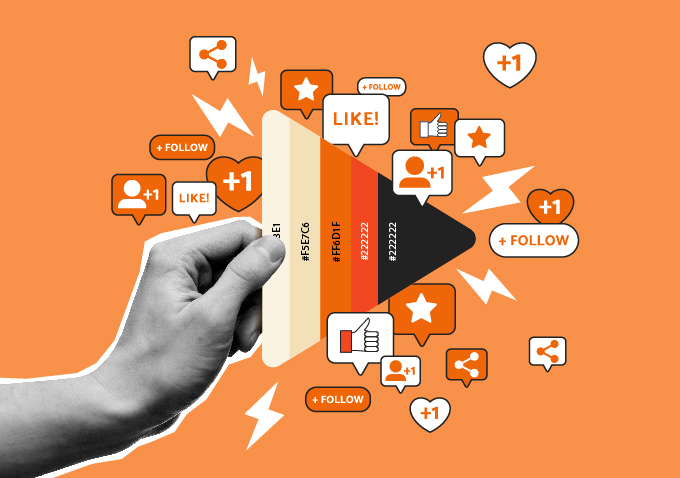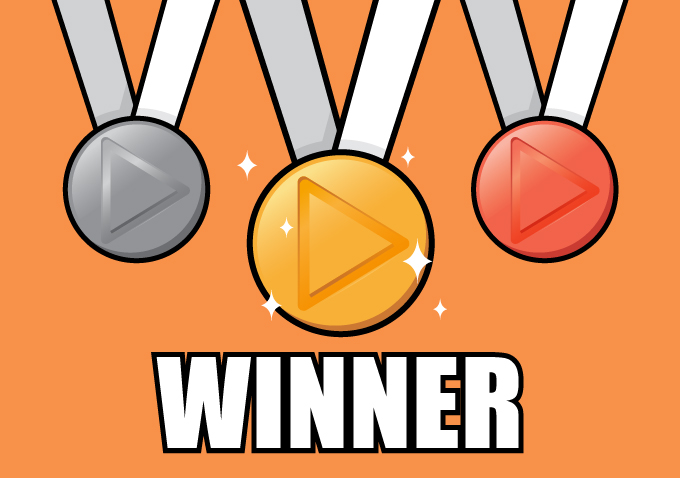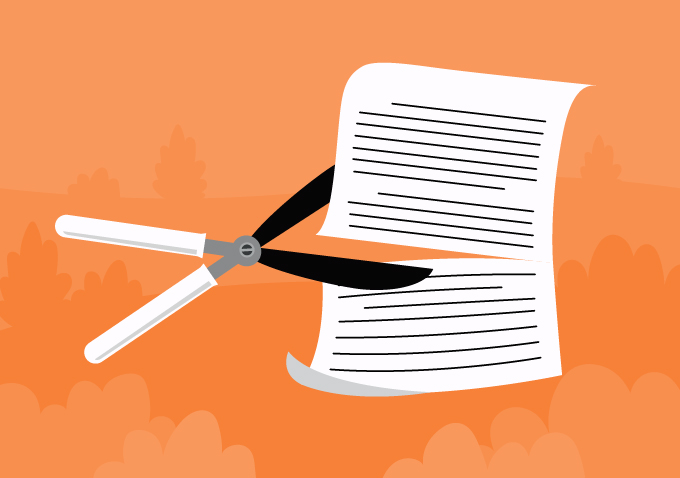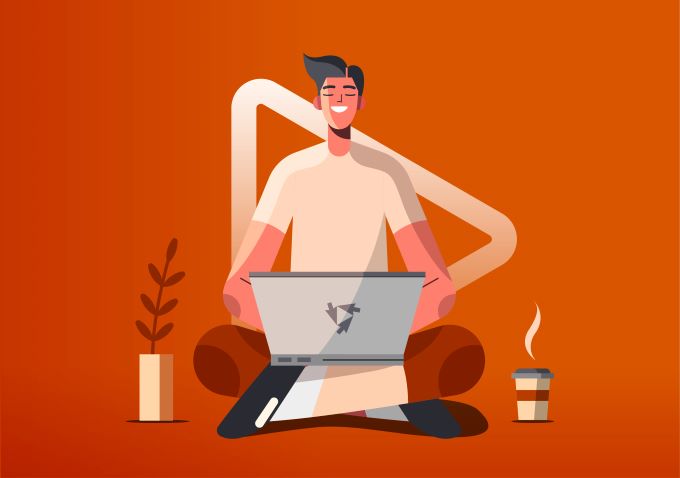

Is Idleness the Greatest Commodity?

Think of the technological innovations that would never have been invented if we weren’t so inherently lazy. The TV remote, the email, the Segway and Pizza delivery. The entire computer age has been a sort of ‘gold rush’ to the rich seam of idleness that was just waiting to be worked.
Nowadays inventions are actually creating laziness, most of us have forgotten what it’s like to come into contact with some sort of tangible object when playing music, buying a book or even drawing a picture. It happens on a phone, tablet or a laptop.
We complain about Facebook or Twitter or YouTube not doing this or that, even though they are completely free and we barely lift a finger to get massive benefit from them. Imagine a world without Google or Wikipedia.
The first time I encountered pre-mashed potato, pre-made pancake mix or even those little plastic packets of cereal with milk and a spoon built into the lid I was amazed. But this, it seems is just the tip of the iceberg. Here are some truly staggering examples of technology for the serially soporific, tools for the torpid giving ‘power to the passive!’
For problems which, until now, didn’t exist, the Motorized ice-cream cone spins the ice cream for you or the Butter Stick, a sort of lipstick for toast!
Back to the future? Self-lacing shoes are real! I mean, really, just buy a pair of slip-ons right?
More relevant to us in the world of content marketing are the apps for lazy people and they are numerous. How about Task Rabbit on which non-lazy people bid for menial tasks to help the idle?
There is the cry-translator which actually claims to be able to decipher the horrific screams of your child so you know what it wants. 30 bucks to the most gullible person in the room! Very good for parents with absolutely no common sense whatsoever (perhaps we’ll do a blog about them next week). There’s Girlfriend Keeper which suggests that girls are stupid enough to be satisfied by automated texts and My Decider in case you are incapable of deciding what idle things not to do today!
And finally this, which to me is so impossibly ridiculous that I can scarcely believe it exists (therefore it has to) The Eight glasses a day App is here to help you remember that huge number!
This piece is not about the rights or wrongs of it all but if we are to continue forging ahead into the future as an army of torpid loafers unable to tear our eyes away from a screen one has to consider how this will affect the world around us.
Trying to get someone’s attention digitally in 2014 is like selling whispers inside an aircraft engine!
As a content marketer I rub my hands with glee at the thought of an Orwellian dystopia in which people like me do battle for the hearts, minds and wages of the enthralled masses but the battle grows more intense day by day.
These days people find it hard to concentrate for more than a few minutes. Try and imagine sitting in front of the TV without computer your lap or a phone in your hand? Unthinkable right?
How could you possibly find your way through Breaking Bad without sending some unfunny tweets, instant messaging everybody and forwarding on a ‘simply hilarious’ YouTube clip? We can’t even be bothered to wait a week for the next episode, we simply rack it up on Netflix!
Amid this blizzard of information, brands are demanding that we create something that will ‘stand out’ that will sell their products to a group of increasingly flighty, bored, impatient, disinterested, ungrateful and disproportionately demanding sociopaths? (aka, the consumers). Trying to get someone’s attention digitally in 2014 is like selling whispers inside an aircraft engine!
So is all this free entertainment and passive engagement making people more susceptible to content because they are expecting it?
Are we reducing their attention span and therefore having to build our strategy around people who become bored faster than ever before?
Or, controversially, is the reverse true? Could it be that juggling all this information is in fact making us more able to ‘attention multi-task’ and actually take on board more information from more sources at once than ever before? In which case we would need an entirely different strategy based around ‘flicking’ behaviour, flicking from one screen to the next. After all, behaviour is changing. It has been suggested that people are looking to use multiple platforms instead of one for everything, so they want variety to remain interested and compartmentalise activities.
This gives us hope!








